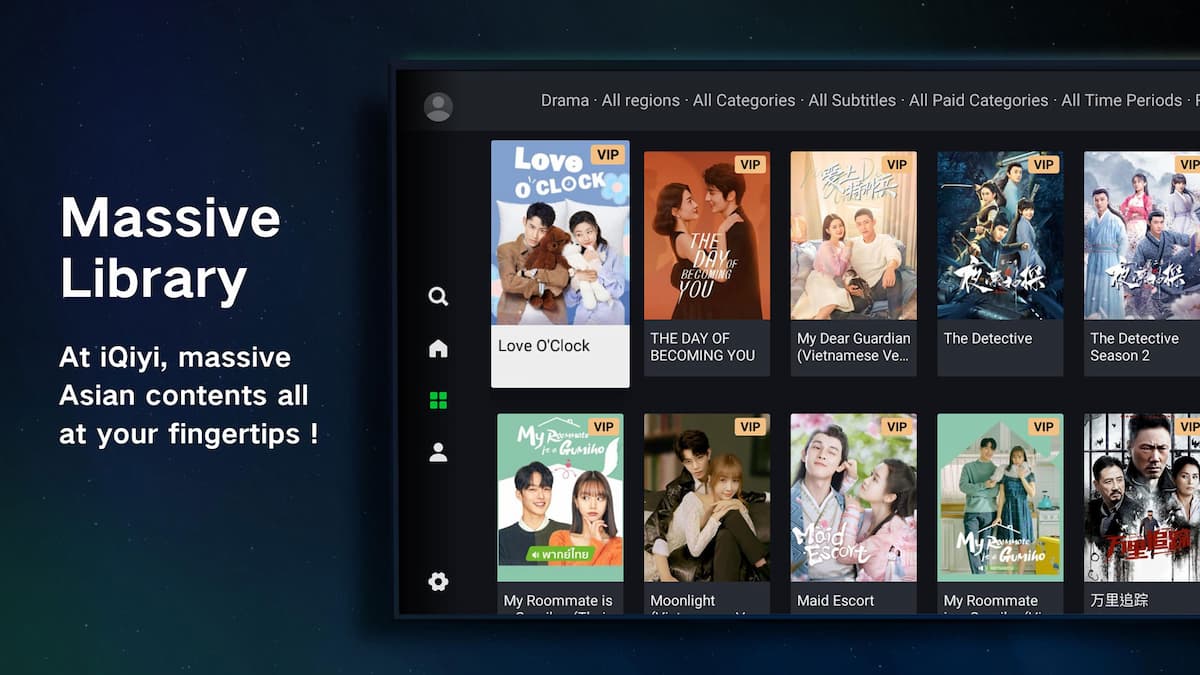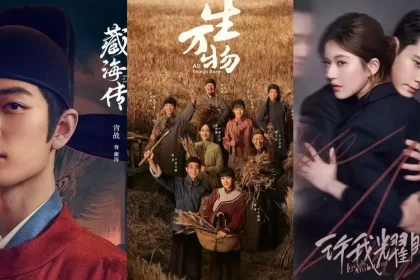LayarHijau.com — In recent years, the phenomenon of “CP marketing” (short for “couple pairing” marketing) has become a standard promotional tactic in the Chinese drama industry.
The term refers to efforts aimed at creating and marketing the illusion of a romantic connection between two lead actors—both on and off screen. This strategy not only boosts a drama’s popularity during its broadcast run but also sustains buzz after it ends, offering long-term commercial benefits for all parties involved.
Commercial Impact: CP as a Money-Making Machine
A successful CP (couple pairing) campaign can generate substantial economic gains. Production studios enjoy greater exposure, brands see improved product sales, and actors often land new projects and experience a surge in popularity. One document noted that a popular CP once gained over a million new social media followers within just two weeks of a drama’s conclusion.
Fashion brands are quick to capitalize. Outfits or accessories worn by the CP during promotional events (whether on-screen or off) often sell out instantly. Joint endorsements are more appealing to advertisers, and CP marketing even influences fan meeting ticket sales, behind-the-scenes (BTS) content viewership, and drama rewatch rates. With the CP fandom’s powerful spending habits, many talent agencies now assess the financial potential of CP marketing from the very first contract negotiation.
Contracts and Timelines: A Carefully Crafted Illusion
CP marketing is often more than a promotional gimmick—it can be a pre-planned strategy written into the actors’ contracts. Agencies and studios may formally agree on the extent of interaction required during promotional periods. These CP campaigns typically last between 1 to 3 months after a drama ends, depending on initial agreements, public reception, and upcoming projects. If public response is strong, the campaign can be extended up to six months—or even a year.
Industry Norms for CP Promotion Durations:
S+ Historical Romance, 3–6 months, Fox Spirit Matchmaker – Gong Jun & Yang Mi
A-tier Modern Romance, 1–3 months, Amidst a Snowstorm of Love – Wu Lei & Zhao Jinmai
Low-Budget Web Dramas, 2–4 weeks, Dangerous Lover – Quick and short-lived
Special Case (BL-adjacent), 1 month (restricted), The Mysterious Lotus Casebook – Cheng Yi & Zeng Shunxi
Promotional Techniques: Feeding the Fantasy
CP marketing employs a variety of coordinated strategies, including:
Matching Outfits (同款营销 / tongkuan yingxiao): Actors wear similar or color-coordinated outfits, sometimes styled on purpose by a brand matrix placement team.
Shared Locations (同地打卡 / tongdi daka): Both actors post photos from the same location within a short time frame—a tactic often covered in a “social media synergy” clause.
BTS Content, Vlogs, and AI Edits: Candid footage, cozy behind-the-scenes moments, or AI-edited romantic clips fuel fan imaginations.
Affectionate Interactions During Promotions: Sweet gestures at press events, compliments during livestreams, or staged chemistry that gets fans buzzing.
Joint Appearances on Variety Shows or Ads: Presenting the pair as a couple in other media extends the romantic illusion.
Studios often assign dedicated teams to monitor fan reactions, tweak content, and schedule promotional events to maintain the CP momentum.
Actor Reactions: Embracing, Professional, or Rejecting
Actors respond to CP marketing in different ways. Some, like Dylan Wang and Esther Yu (Love Between Fairy and Devil), initially maintained distance but later participated professionally as fan enthusiasm grew. Esther even joined the effort with matching outfit posts.
Others, like Zhao Lusi, Zhao Liying, or Xiao Zhan, have openly rejected CP marketing. After Wild Bloom, Zhao Liying refused all CP promos and even requested that kissing scenes in The Legend of Shen Li be edited out of promotional material. Wang Kai’s agency adopted a “drama over actors” strategy during Like a Flowing River 3, skipping all joint magazine shoots.
Actor Bai Yufan said during promotions for The Long Season: “Characters are characters. Actors are actors.” Rising stars like Zhang Ruonan have also stated their job is to act—not to cater to audience fantasies.
Li Xian, paired with Yang Zi in Go Go Squid!, told media: “We’re just good colleagues. After filming ended, we went back to our normal lives.” This was in response to ongoing CP rumors. Yang Zi herself once said she had no problem with CP marketing as long as it didn’t affect her private life or spread false rumors. “Professional collaboration shouldn’t turn into pressure to meet unrealistic expectations,” she added.
Some actors now include “CP autonomy” clauses in their contracts. For example, Yang Yang’s latest contract reportedly bans forced CP trending topics. Bai Jingting’s team even declined CP co-branding offers to maintain professional boundaries.
Case Studies: CP Successes and Pitfalls
One major success story is the CP from Love Between Fairy and Devil. Though their promotion started low-key, it evolved with a smart rollout—matching outfits, coordinated posts, sweet livestream interactions—leading to a massive CP fandom and aggressive brand interest.
However, the aftermath wasn’t all rosy. Fan conflicts between Dylan Wang and Esther Yu’s supporters (nicknamed “DiXin Gravity”) escalated into toxic disputes. Allegations of cold behavior during livestreams, and claims that one actor was riding the other’s fame without reciprocation, caused serious tension. Dylan Wang’s studio eventually announced legal action against cyberbullying, targeting fans of Esther Yu. Her team had reportedly done the same earlier to address harassment from Wang’s fans.
In another case, a CP tried to create buzz by posting from the same spot in Hengdian without actually filming together—clearly a management tactic to build a “secret relationship” narrative.
Not all campaigns succeed. In one drama, a male lead refused to make joint appearances after filming ended, rejecting the overblown CP rumors. Fans were furious, fan wars erupted, and brands pulled out due to the damaged image.
Regulations & Industry Shifts
Over time, China’s National Radio and Television Administration (NRTA) rolled out its “De-Over-Entertainment” policy, which limits excessive CP marketing. Streaming platforms must now submit CP promotion plans for approval.
New trends are emerging. EntGroup’s Q1 2025 study shows that 67% of CP-related trending topics now stem from organic interactions—not manufactured campaigns. Meanwhile, 72% of real-life CP hypes in 2024 were reportedly orchestrated by production teams.
Still, overreliance on CP strategies has caused backlash. Projects featuring actors heavily involved in CP marketing have seen a 38% drop in subsequent performance ratings. The hashtag #SayNoToInvasiveFanCulture garnered over 1.2 billion views on Weibo.
Platforms now deploy advanced tools—like Hot Keyword Clouds, Emotional Spectrum Analysis, and AI-generated CP topic engines—to fine-tune the hype without going overboard.
Conclusion
CP marketing remains a powerful promotional tool in Chinese drama, capable of extending a show’s popularity and driving substantial revenue. But without thoughtful execution and ethical boundaries, it risks backfiring.
The industry appears to be shifting from “forced sugar” to “high-quality sweetness”—romantic vibes that feel natural, measured, and respectful of both actors’ boundaries and fans’ intelligence. For viewers, the key is learning to separate fiction from reality—so that on-screen love stories remain a source of entertainment, not stress or conflict.
(Various sources)























